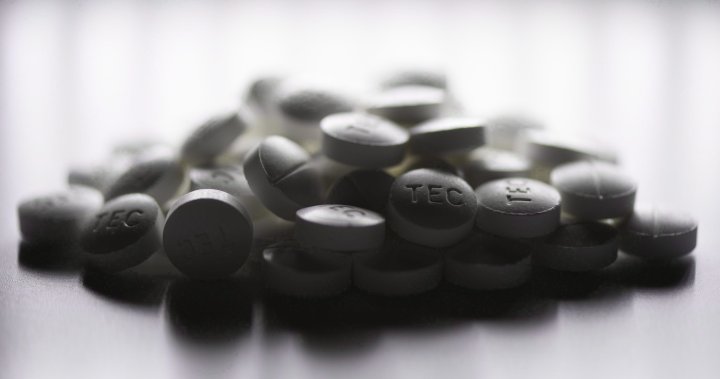A Quebec Superior Court judge has approved a class-action lawsuit against 16 pharmaceutical companies accused of deceiving consumers about the effectiveness and risks of opioid medications. The lawsuit includes individuals in Quebec who were diagnosed with opioid use disorder after being prescribed these medications between 1996 and the present. The representative plaintiff in the case, Jean-François Bourassa, was never informed about the potential dangers of the drugs and developed an addiction after using them for over a decade following a work-related injury in 2005.
The pharmaceutical companies named in the lawsuit attempted to block the class action, arguing that it unfairly categorized all opioids as being equally harmful and included companies whose drugs the representative plaintiff had not taken. Despite their objections, the court allowed the lawsuit to move forward, seeking $30,000 in damages for each member of the class, along with additional damages to be determined on an individual basis. The lawsuit also requests $25 million in punitive damages to hold the pharmaceutical companies accountable for their alleged misconduct in marketing and distributing opioids.
Margo Siminovitch, one of the lawyers representing individuals impacted by opioid use disorder, emphasized the importance of holding the pharmaceutical companies accountable for their actions. She highlighted how the representative plaintiff, Jean-François Bourassa, was unaware of the risks associated with the opioids he was prescribed and subsequently developed a dependency on them. The lawsuit aims to provide compensation to those who have suffered as a result of being prescribed these medications without adequate information about their potential harm.
The class-action lawsuit against the pharmaceutical companies reflects a broader trend of legal action being taken against opioid manufacturers for their role in the addiction crisis. By allowing this lawsuit to proceed, the Quebec Superior Court is enabling individuals who have experienced the devastating effects of opioid dependency to seek justice and potentially receive financial compensation for the harm they have endured. This case underscores the need for transparency and accountability in the pharmaceutical industry to prevent similar situations from occurring in the future.
The approval of the class-action lawsuit in Quebec marks a significant step forward in seeking accountability from pharmaceutical companies for their alleged role in fueling the opioid crisis. By providing a legal avenue for individuals impacted by opioid use disorder to seek compensation, the court decision signals a potential shift towards greater oversight and regulation of the marketing and distribution of opioid medications. This case serves as a reminder of the importance of holding corporations responsible for the impact of their products on public health and safety, especially in cases where misleading or inadequate information has contributed to widespread harm and suffering.
In conclusion, the authorization of the class-action lawsuit against the pharmaceutical companies accused of misleading consumers about opioids represents a milestone in the pursuit of justice for individuals affected by opioid use disorder. The legal action taken in Quebec underscores the need for accountability and transparency in the pharmaceutical industry to prevent future harm and ensure that patients are fully informed about the risks associated with the medications they are prescribed. As the case proceeds, it will be essential to monitor the outcome and implications for regulatory practices in the marketing and distribution of opioid medications to protect public health and safety.


